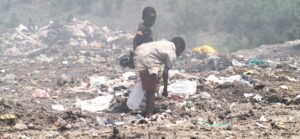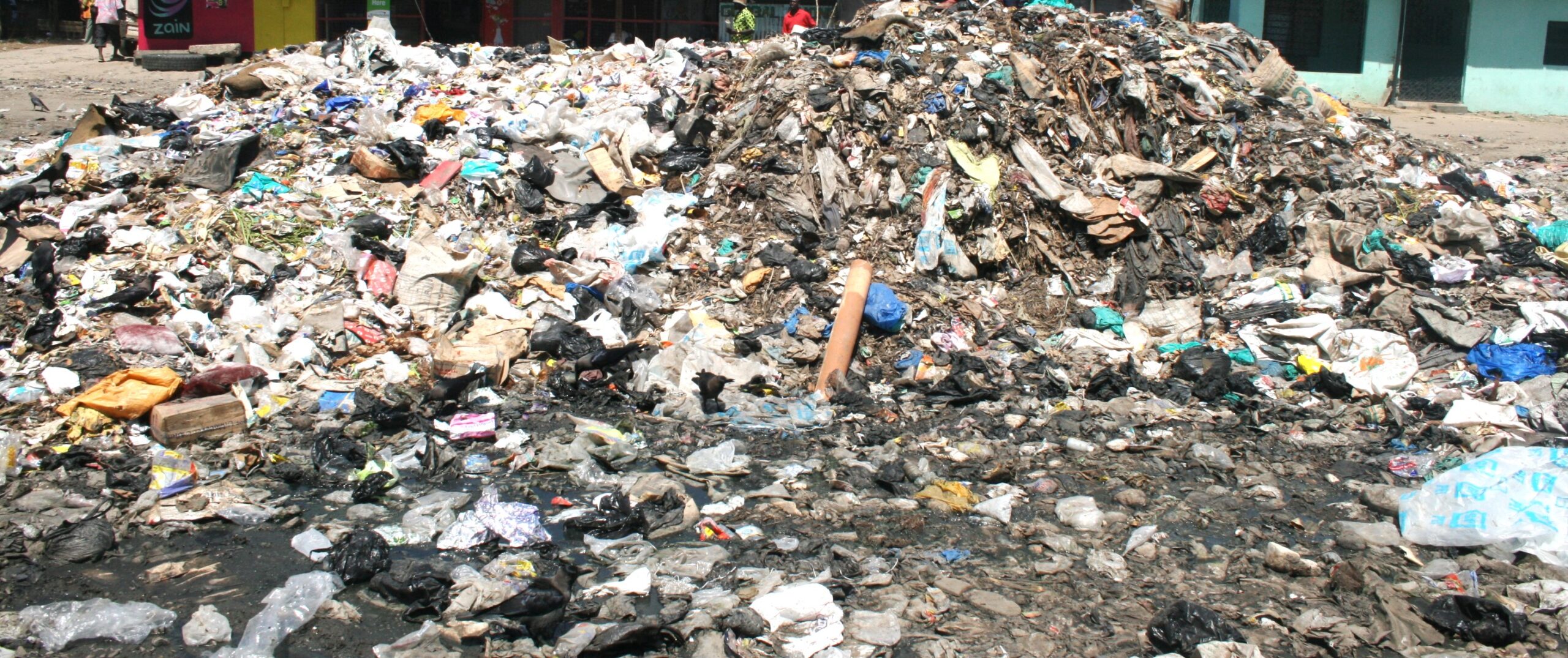-Projections show greatest waste growth in regions that rely heavily on open dumping and burning, meaning rapid increase in pollution;
-Urgent need to decouple waste generation from economic growth and shift to zero waste and circular economy approaches;
-Inaction on global waste management costs human health, economies, and the environment dearly, and projected to surpass USD 600 billion per year by 2050;
MAARUFU MOHAMED-GOLFNEWSLINKS;
With municipal waste set to rise by two thirds and its costs to almost double within a generation, only a drastic reduction in waste generation will secure a livable and affordable future.
The report is launching at the sixth session of the United Nations Environment Assembly (UNEA-6), which is taking place from 26 February to 1 March at UNEP’s headquarters in Nairobi, Kenya.
According to a new UN Environment Programme (UNEP) report, Titled ‘Beyond an age of waste, Turning rubbish into a resource’, UNEP’s Global Waste Management Outlook 2024 (GWMO 2024) provides the most substantial update on global waste generation and the cost of waste and its management since 2018.

The analysis uses life cycle assessments to explore what the world could gain or lose through continuing business-as-usual, adopting halfway measures, or committing fully to zero waste and circular economy societies.
According to the report, municipal solid waste generation is predicted to grow from 2.3 billion tons in 2023 to 3.8 billion tons by 2050.
In 2020, the global direct cost of waste management was an estimated USD 252 billion.
However, when factoring in the hidden costs of pollution, poor health and climate change from poor waste disposal practices, the cost rises to USD 361 billion.
Without urgent action on waste management, by 2050 this global annual cost could almost double to a staggering USD 640.3 billion.

UNEP’s Executive Director Inger Andersen said, “Waste generation is intrinsically tied to GDP, and many fast-growing economies are struggling under the burden of rapid waste growth. By identifying actionable steps to a more resourceful future and emphasizing the pivotal role of decision-makers in the public and private sectors to move towards zero waste, this Global Waste Management Outlook can support governments seeking to prevent missed opportunities to create more sustainable societies and to secure a livable planet for future generations.”
International Solid Waste Association’s (ISWA) President Carlos Silva Filho said, “The GWMO 2024 is a guide and call for action to catalyze collective efforts to support bold and transformative solutions, revert the adverse impacts of current waste management practices, and provide clear benefits to every individual living on this planet. These actions are instrumental to accelerating the achievement of the 2030 Agenda. As a partner and supporter of the GWMO since its inception, ISWA will ensure it is now disseminated and implemented on the ground by providing the support needed to address the challenges currently observed.”
The report’s modelling shows that getting waste under control by taking waste prevention and management measures could limit net annual costs by 2050 to USD 270.2 billion.
However, projections show that a circular economy model, where waste generation and economic growth are decoupled by adopting waste avoidance, sustainable business practices, and full waste management, could in fact lead to a full net gain of USD 108.5 billion per year.
Lead author of the report Zoë Lenkiewicz said, “The findings of this report demonstrate that the world urgently needs to shift to a zero waste approach, while improving waste management to prevent significant pollution, greenhouse gas emissions and negative impacts to human health. Pollution from waste knows no borders, so it is in everyone’s interests to commit to waste prevention and invest in waste management where it is lacking. The solutions are available and ready to be scaled up. What is needed now is strong leadership to set the direction and pace required, and to ensure no one is left behind.”
UNEP is the leading global voice on the environment and provides leadership and encourages partnership in caring for the environment by inspiring, informing and enabling nations and peoples to improve their quality of life without compromising that of future generations.
The International Solid Waste Association (ISWA) is the world’s leading international network of waste professionals and experts.
Its mission is to promote and develop sustainable and professional waste management worldwide, and the transition to a circular economy.
The GWMO 2024 is a collective effort of UNEP and IWSA and provides a pioneering scientific assessment of the impacts and costs of the growing amounts of waste to be managed, and calls for global action to priorities waste prevention and municipal waste management services for the sake of planetary and human health.
The report evaluates three potential scenarios of municipal waste generation and management, examining their impacts on society, the environment, and the global economy.
It also presents potential strategies for waste reduction and enhanced management, following the waste hierarchy, with the aim of treating all waste materials as valuable resources.
ENDS;
NOTE;
WANT YOUR GOLF, BUSINESS, ENVIRONMENT, OPINIONS OR SPONSORED RELATED CONTENTS PUBLISHED ON THIS SITE?
KINDLY SHARE TO;
golfnewslinks@gmail.com/mmaarufu@gmail.com.
Phone/What’s up…+254726614604/+254722415598.




























